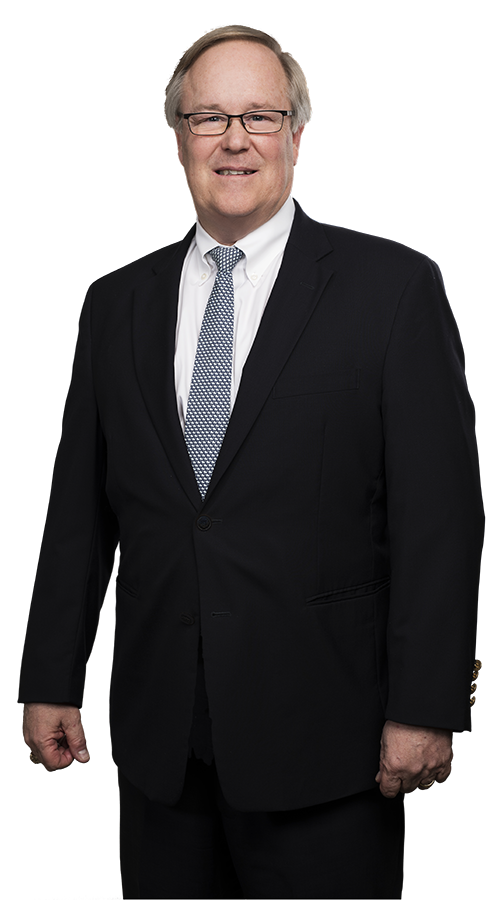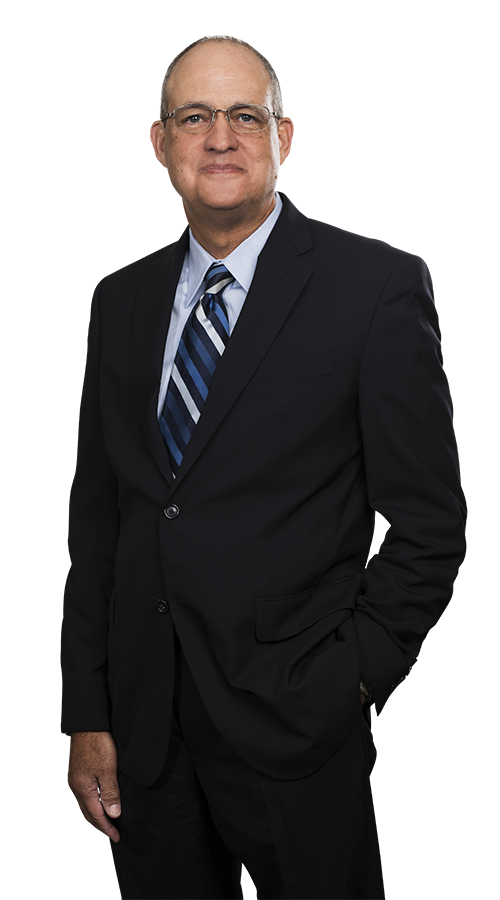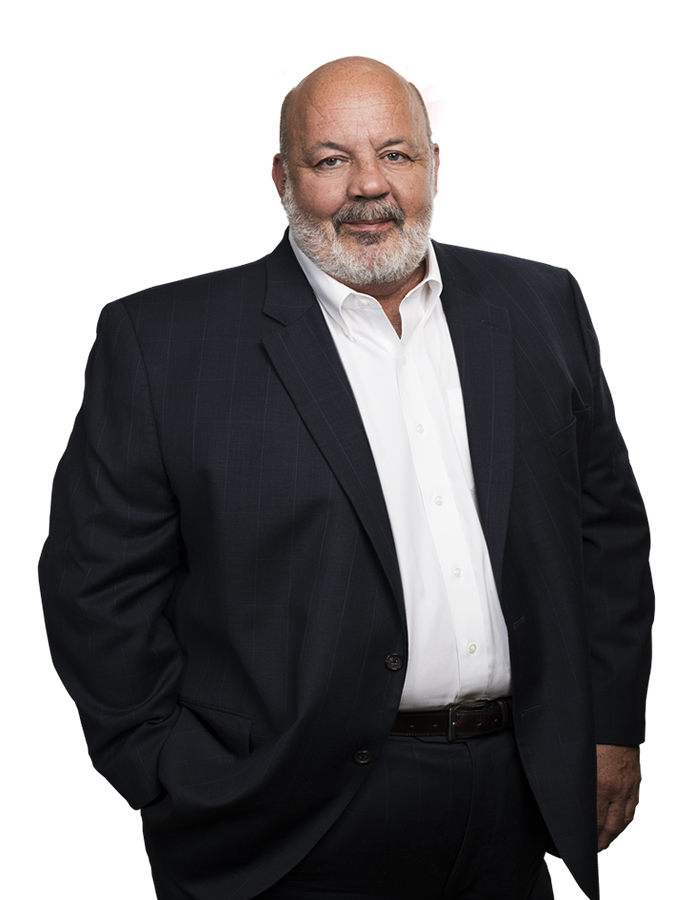- Alma J. Aguirre
- Katy Merrill Andre
- Courtney Culver Baker
- Stephen Bres
- Thomas H. Burton, III
- Giorgio “George” Caflisch
- Victor L. Cardenas Jr.
- Adam B. Chambers
- Ben Connally
- Casey Craft
- Kimberley L. Doom
- Clint Dye
- Stephanie F. Erhart
- Amanda J. Flanagan
- Dalby Fleming
- Joseph A. Garnett
- Steven O. Grubbs
- Jamie Guidry
- Christina “Tina” E. Gutierrez
- Christopher R. Jackson
- James W. Karel
- Henry C. A. List, Jr.
- Travis Livermore
- Cade Lunsford
- Dale B. McMath
- Amy Mitchell
- Dawn A. Moore
- Brent Myklebust
- Raymond A. Neuer
- Kevin Niknam
- Nancy A. Norman
- David Oh
- Christopher A. Palumbo
- George P. Pappas
- R. Edward Perkins
- Lara M. Price
- Carolyn K. Rangel
- James E. Rensimer
- Cameron D. Renton
- Richard A. Sheehy
- Wesley T. Sprague
- Brian Tagtmeier
- Jana H. Taylor
- Erik Veliz
- James L. Ware
- Ann P. Watson
- Michael P. White
- Christene Wood
- Justin T. Woods
- David A. Wright
- Michael Yanochik

Article
Texas Courts Assert Jurisdiction in Suit Against Out-of-State Supplier
Texas homeowners who claim they were sickened by a spray foam insulation product installed in their home sued the installation company and the manufacturer. The latter, Connecticut-based SprayFoamPolymers.com, LLC, contested the state court’s exercise of jurisdiction. The Supreme Court of Texas held that the state did, in fact, have jurisdiction over SprayFoam in a recent decision that has broad implications for out-of-state suppliers whose products are used in Texas construction projects.
Background
Frank and Helene Luciano hired Old World Cast Stone to install spray foam insulation made by SprayFoam into their new Texas home. The insulation is a polyurethane foam designed to make homes more energy efficient by sealing the cracks and crevices where air loss and infiltration occur. SprayFoam, which receives and approves all of its orders at its Connecticut office, does not have offices, factories or other facilities in Texas.
After moving into their new home, the Lucianos noticed a strong odor and allege they soon began suffering from coughing spells, itchy and burning eyes, allergies and headaches. When the problem persisted, SprayFoam sent an independent contractor sales representative to inspect the Luciano home. The Lucianos never received the results of the inspection and thereafter sued Old World and SprayFoam, pleading claims of negligence, products liability, breach of warranties, nuisance, breach of contract and violations of the Texas Deceptive Trade Practices Act.
SprayFoam contested the trial court’s ability to exercise personal jurisdiction over it. After the trial court found SprayFoam was subject to Texas jurisdiction and the court of appeals reversed the decision, the Lucianos appealed to the Supreme Court of Texas.
Luciano v. SprayFoamPolymers.com, LLC
The Supreme Court of Texas considered whether SprayFoam showed “an intent or purpose to serve the market” in Texas, whether directly or indirectly. Evidence of this conduct may include “advertising in the state, soliciting business through salespersons, or creating, controlling, or employing the distribution system that brought the product” into Texas.
As the court pointed out, SprayFoam used a Texas distribution center to handle logistics for its products in Texas and worked with a sales representative in Texas. The fact that this individual was an independent contractor and not an employee did not negate the fact that the sales rep’s boots on the ground allowed SprayFoam to tap into the local market and reap economic benefits from sales while the company enjoyed the benefits and protection of the laws of Texas by hiring a salesperson who resides there. While SprayFoam provided no data on the volume of sales realized through this salesperson’s efforts, “the quality and nature of his role evince SprayFoam’s intent or purpose” to target the Texas market, the court said.
Further, the court said, “Texas has a strong interest in exercising jurisdiction over controversies arising from injuries sustained from hazardous chemicals that are purposefully brought into the state and are installed in residential homes and commercial buildings.”
“We reverse and hold that when a manufacturer like SprayFoam serves a market for a product in a state and that product causes injury in the state to one of its residents, the state’s courts may entertain the resulting suit,” the court held.
The takeaway
Out-of-state companies who work with Texas facilities to distribute or store their products and who direct Texas-based sales representatives to market their products may be subject to Texas court jurisdiction, even if the company does not have a physical presence in the state.















































